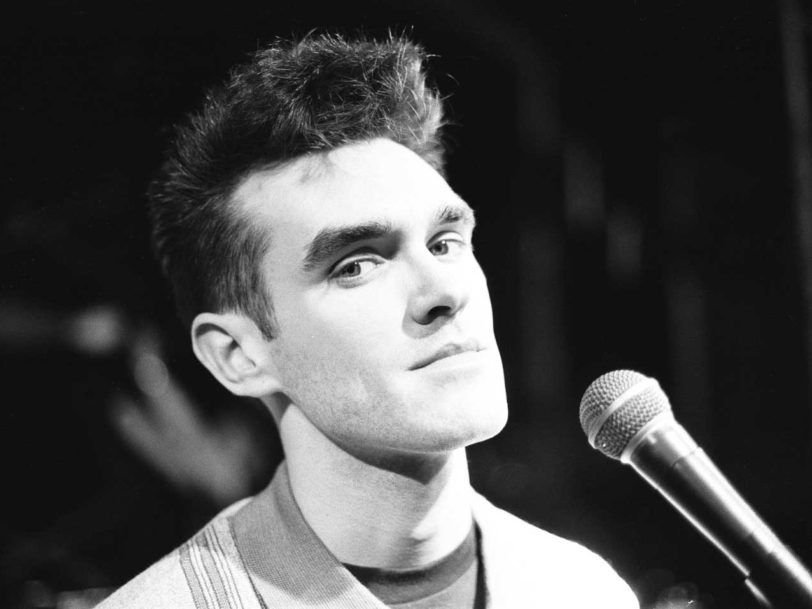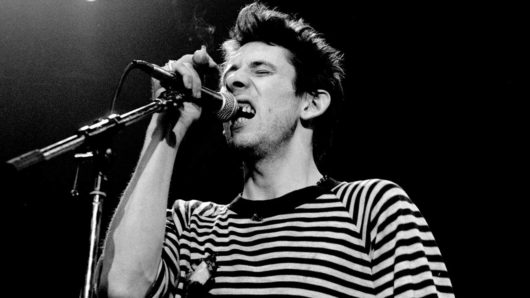One of rock music’s most singular lyricists, Morrissey first staked out his territory during The Smiths’ remarkable five-year run before embarking on a distinguished solo career. As befits a man who loves nothing more than “the goodness of privacy in a warm room with books”, his famously flamboyant and erudite style has been informed by writers as diverse as Oscar Wilde and Keith Waterhouse, but he’s a highly original talent with a formidable body of work in his own right. In celebration of his best bon mots, Dig! earmark the ten best Morrissey lyrics.
Listen to the best of The Smiths here, and check out our 10 best Morrissey lyrics, below.
https://open.spotify.com/playlist/37i9dQZF1DXcXcgZ946sSC?si=05d8a0715c6b42cb
10: November Spawned A Monster (solo single A-side, 1990)
Co-written by Morrissey and producer Clive Langer (also famed for co-writing Shipbuilding with Elvis Costello), 1990’s November Spawned A Monster is one of the singer’s personal favourites – and it’s not hard to hear why. Sonically, it’s memorable for its atypically funky arrangement, featuring then on-trend housey piano riffs and a killer Andy Rourke bassline but it also brought out the best in Morrissey’s lyrical aspirations.
He pulls few punches about the song’s subject matter (which concerns the plight of a disabled child), and his words are particularly effective because they’re riddled with ambiguity. Indeed, brilliantly conceived lines such as “Sleep on and dream of love/Because it’s the closest you will ever get to love/Poor, twisted child, so ugly, so ugly” leave the listener in two minds as to whether the song’s narrator is the child’s saviour or his tormentor.
November Spawned A Monster was reputedly inspired by the 19th-century French poetic novel Les Chants e Maldoror (The Songs Of Maldoror), but whatever its origins, it provoked one of the best Morrissey lyrics, which, in biographer Johnny Rogan’s words, “forces the listener to confront their own prejudices head-on”.




